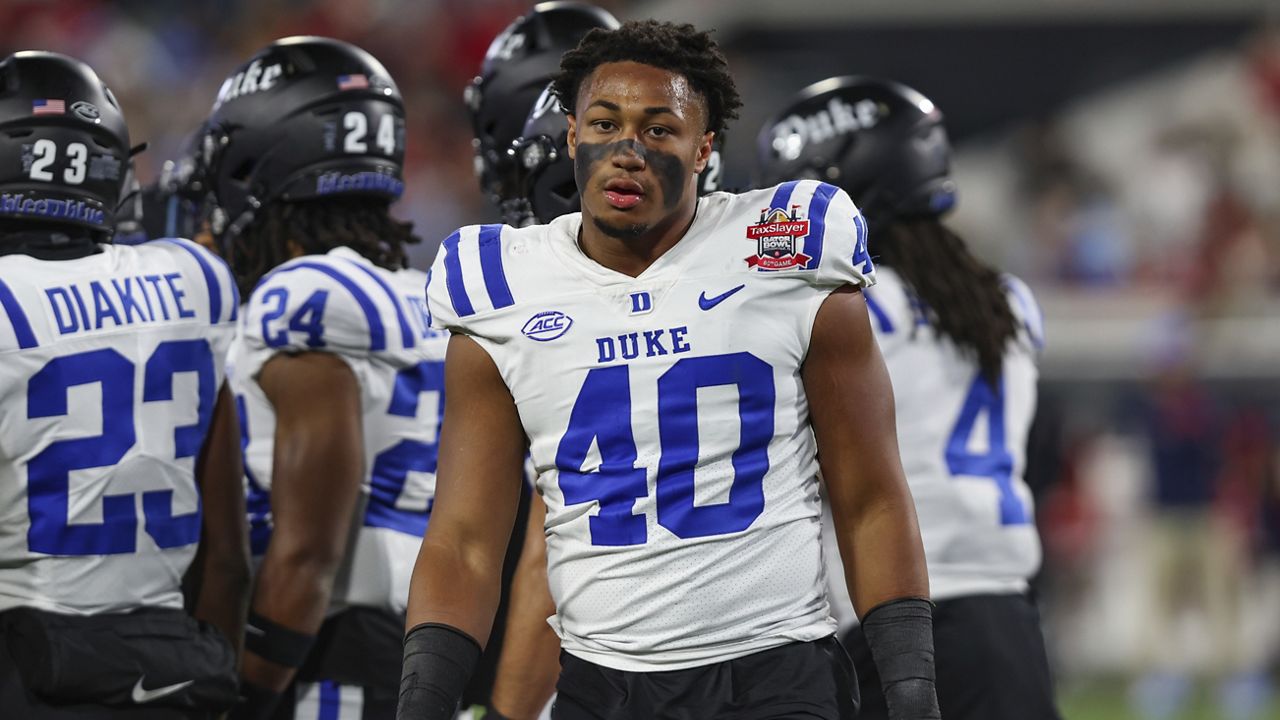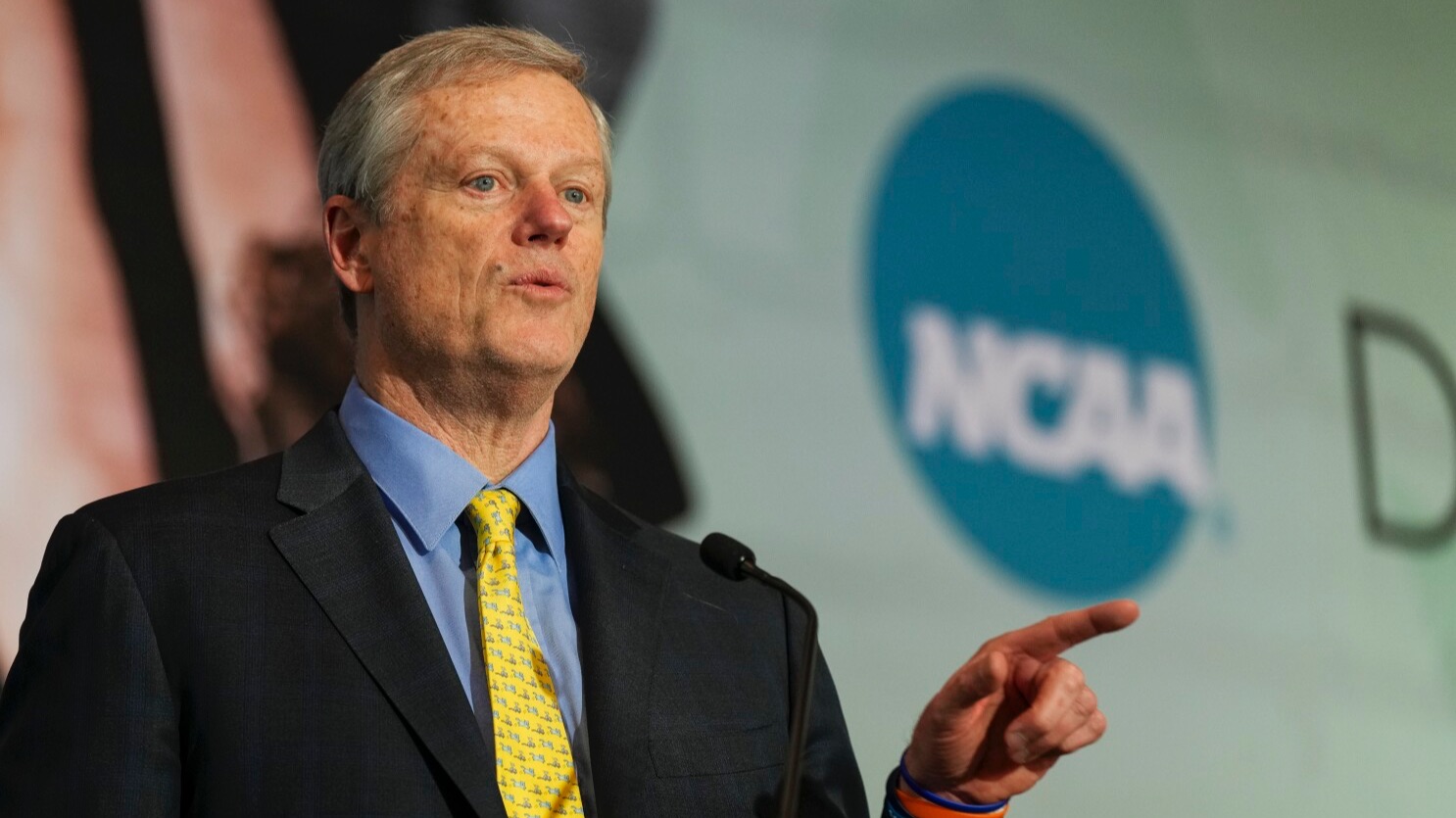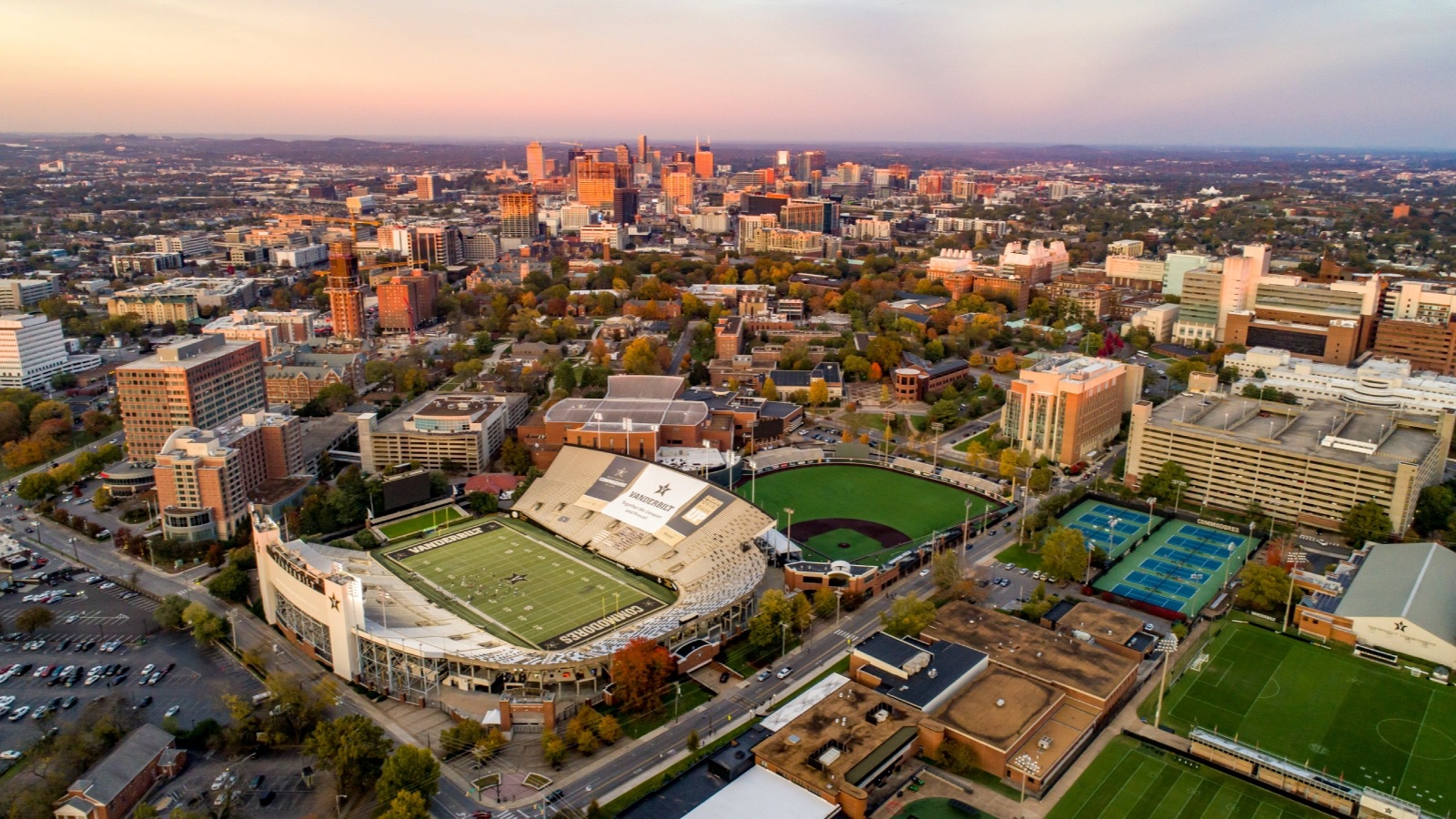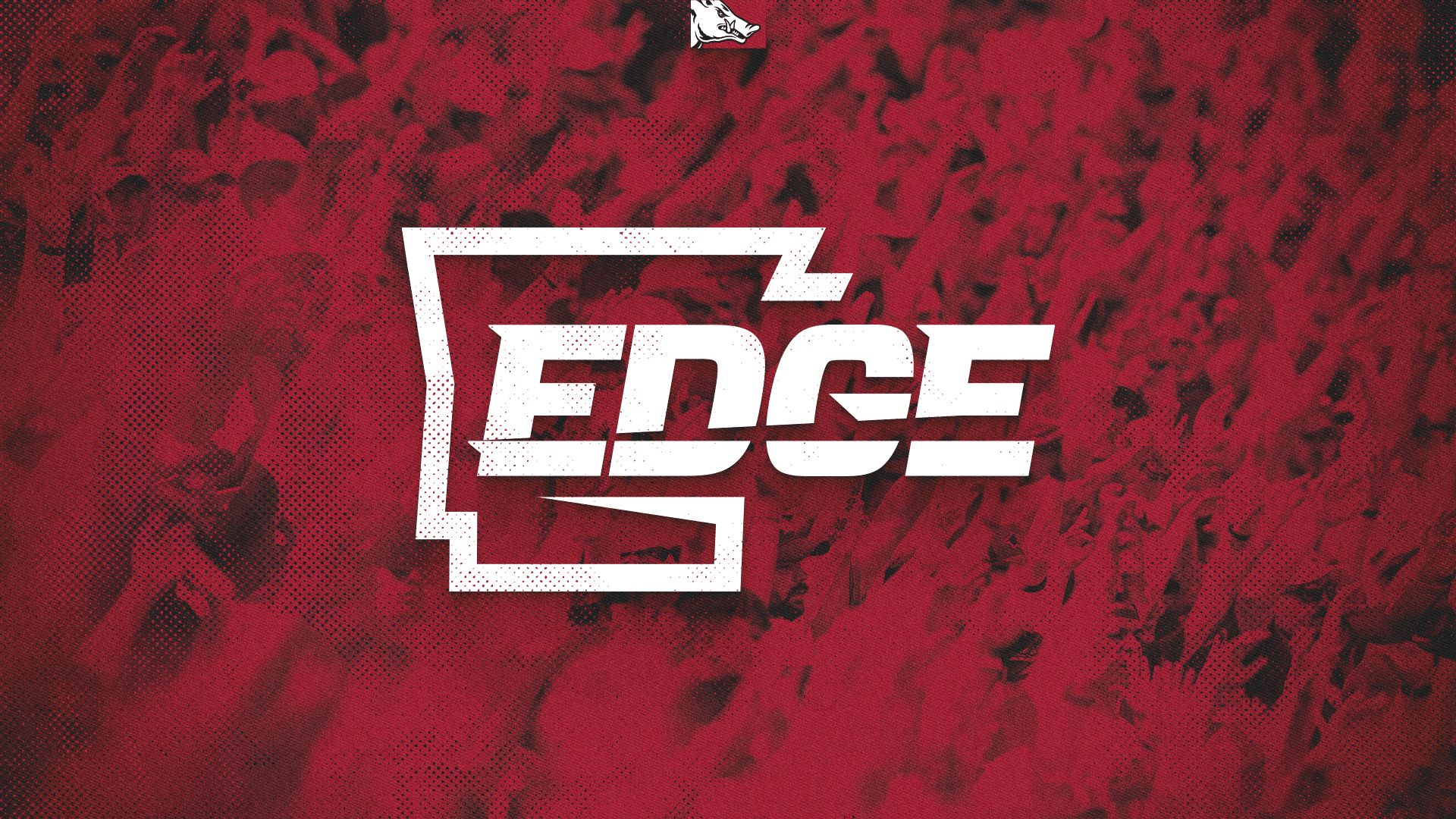$40 million NIL rosters is shaking college football
Apr 23, 2025Below are the top NIL headlines from April 22nd:
The $40 Million Roster Reality

College football is facing a seismic shift driven by the impending NCAA v. House settlement and the anticipation of revenue sharing. Indiana coach Curt Cignetti expresses concern over the current landscape, where programs with vast NIL resources are aggressively pursuing talent in the spring transfer portal. He estimates that the top-spending programs are now operating with roster budgets around $40 million, a significant increase from the $20-30 million reported last year.
The Impact of Impending Revenue Sharing
The expected settlement, potentially approved soon by Judge Claudia Wilken, will allow schools to directly pay athletes, with a projected initial cap of $20.5 million for all sports. This creates a dilemma, as current top football spending far exceeds this limit. Schools are aggressively pursuing talent now, before the settlement potentially brings in third-party enforcement of NIL deals through a Deloitte-administered clearinghouse, leading to concerns about fair market value assessments.
Uncertainty and Aggressive Strategies
The lack of clarity around the implementation of revenue sharing and NIL regulations is causing uncertainty. Some schools are rushing to finalize deals before the settlement, believing pre-settlement agreements will avoid scrutiny. Texas Tech is highlighted as a particularly aggressive program, with boosters investing heavily in top transfers. This environment has led to inflated player compensation in the current transfer portal window.
Enforceability of NIL and Revenue Share Contracts
Questions are arising about the enforceability of contracts designed to bind players to schools in the NIL and future revenue-sharing era. Examples of players transferring despite existing agreements are surfacing, and legal challenges are anticipated to determine the validity of these contracts and the new fair market value assessments. The current situation is described as one of "absolute uncertainty" as schools navigate this evolving landscape.
Injunction Denied in NCAA Eligibility Cases
A judge in North Carolina Business Court denied a preliminary injunction for four football players from Duke and North Carolina in two separate but related lawsuits against the NCAA. The lawsuits, Jones v. NCAA and Smith v. NCAA, challenged the NCAA's "five-year rule," which generally grants athletes four seasons of competition within a five-year eligibility window, absent waivers.
Players' Arguments for Extra Eligibility
The four players – JJ Jones (UNC), Ryan Smith (Duke), Cam Bergeron (Duke), and Tre’Shon Devones (Duke) – argued they deserved an additional year of eligibility due to various factors. These included mental and physical struggles, limited playing time, or difficulties adjusting academically. The NCAA had denied waiver requests for Smith, Bergeron, and Devones, while Jones was still awaiting a decision.
Judge's Reasoning for Denial
Judge Matthew T. Houston stated that while the players presented a possibility of ultimately winning their cases, they did not provide sufficient evidence at this stage to demonstrate a likelihood of prevailing on the merits. Consequently, he ruled that the NCAA's eligibility rules would continue to be enforced as they are currently written.
Implications for the Players and the NCAA
As all four players are eligible for the NFL Draft, they now face a decision between pursuing their professional careers or waiting for the legal proceedings to continue. These cases add to the growing number of eligibility lawsuits against the NCAA, including a similar case involving a Rutgers player seeking to challenge the five-year rule to capitalize on NIL opportunities. The outcomes of these legal challenges could potentially lead to future shifts in the NCAA's eligibility regulations.
Yurachek's Firm Stance on NIL Enforcement
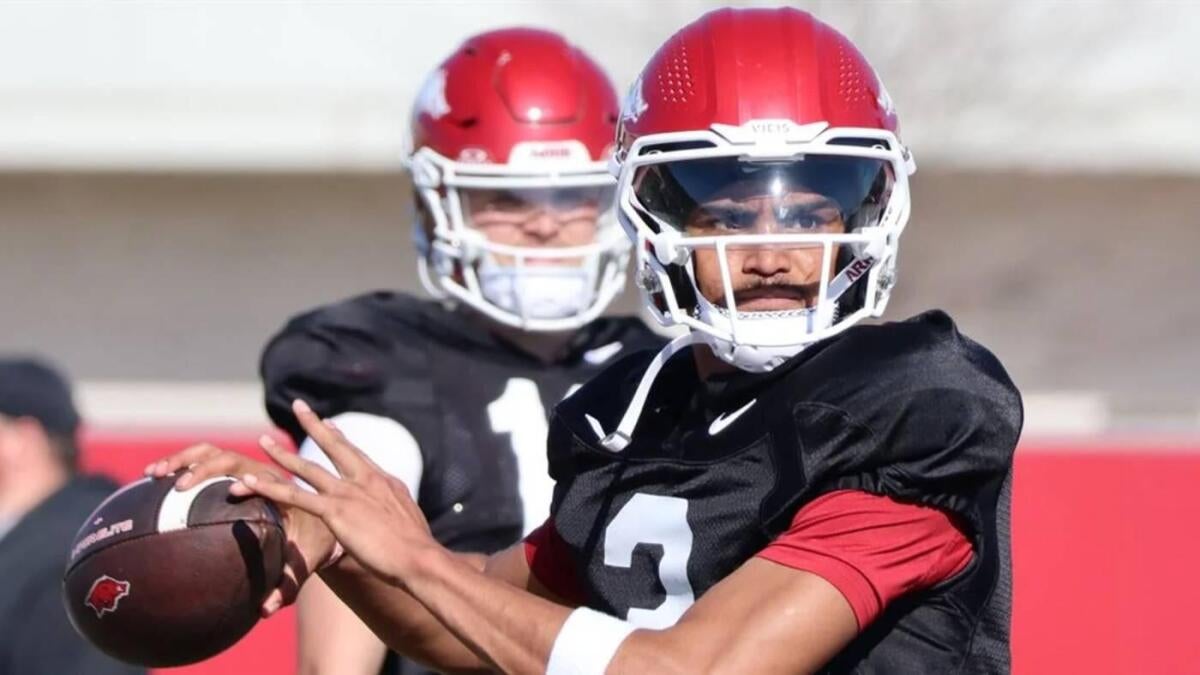
Arkansas Athletic Director Hunter Yurachek has publicly stated his support for the Arkansas EDGE, the school's NIL collective, in enforcing any violated agreements with student-athletes. This statement came a day after quarterback Madden Iamaleava announced his transfer from Arkansas to UCLA, just four months after joining the Razorbacks. While Yurachek didn't directly name Iamaleava, the timing strongly suggests a connection to the quarterback's departure.
Details of Iamaleava's Situation
Iamaleava, a former four-star recruit, had signed a one-year NIL deal with Arkansas EDGE upon his arrival in January, flipping his commitment from UCLA. It is currently unclear whether his transfer will trigger any buyout clauses in his NIL contract, requiring him to potentially owe the collective money. Yurachek's comments indicate a willingness to pursue the enforcement of such clauses, highlighting the importance of these agreements in the current college athletics landscape.
Broader Implications and Similar Cases
This situation mirrors other instances where schools and collectives are attempting to enforce NIL contract terms when players transfer. Nico Iamaleava's transfer situation at Tennessee, where he was set for a significant NIL payout, is a related high-profile case. Additionally, Wisconsin's potential legal action against Xavier Lucas for transferring after signing a revenue-sharing deal with a buyout clause illustrates the growing trend of schools trying to protect their investments and ensure contractual obligations are met by transferring athletes. Yurachek's stance signals that Arkansas intends to be proactive in this evolving area of college sports.
Stay in the loop with key NIL Happenings!
Join our mailing list to receive weekly NIL newsletters on key developments in the NIL landscape.
We love NIL, but hate SPAM. We will never sell your information, for any reason.

